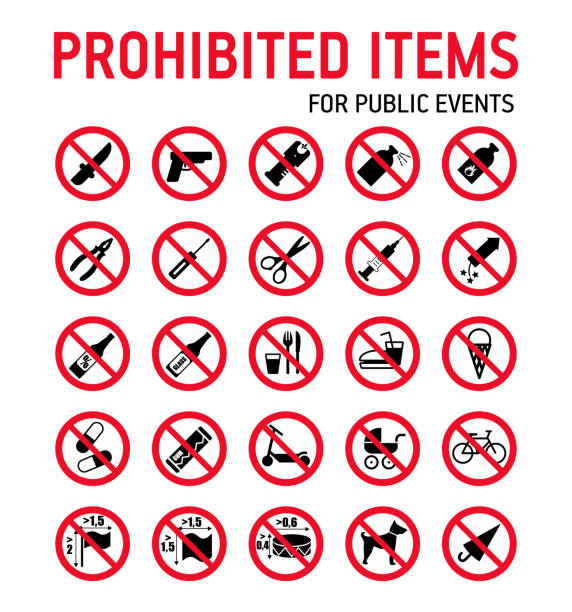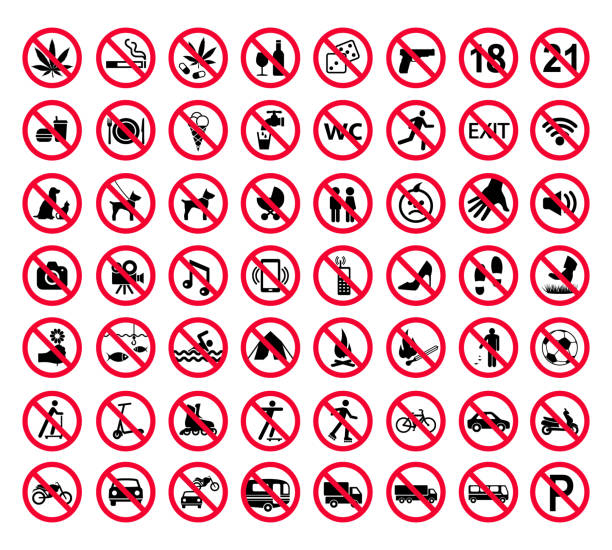Technology Integration in Modern Event Security
The evolution of event security technology has transformed traditional prohibition management into sophisticated, data-driven operations. Digital screening systems, mobile device restrictions, and automated access control have become standard components of comprehensive security protocols.
Smart venue management systems now integrate prohibition enforcement with real-time monitoring, allowing security teams to respond quickly to violations while maintaining detailed logs for compliance purposes. These technological advances have significantly improved the effectiveness of event security while reducing the need for extensive manual oversight.
Biometric access control, RFID tracking, and mobile app integration represent the cutting edge of event prohibition technology. These systems provide seamless user experiences while maintaining strict security standards, demonstrating how modern technology can enhance both safety and convenience in event management.


